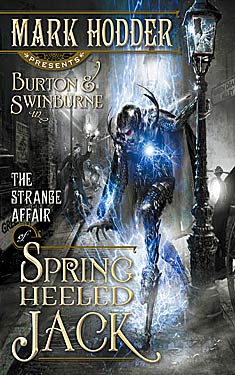Supernatural Spotlight – Episode 6.19 “Mommy Dearest”
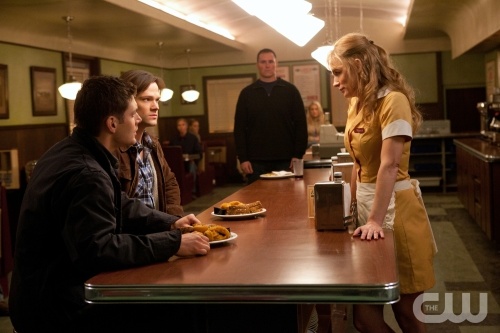
Eve’s up to no good in the town of Grant’s Pass, Oregon, by being unusually charming to a college student (named, as we shortly learn, Edward Bright). She runs her hand across his cheek, which cannot be a good thing. He wonders away from the bar she enters. Eve kisses another boy, then walks through and begins touching people. The whole place goes insane with a monstrous, vampiric feeding frenzy, as she sits and calmly watches.
Dean is making bullets filled with Phoenix ashes, but isn’t sure it’s going to work. The ashes certainly aren’t burning him. In fact, it’s all a bit of an exercise in futility without a location, so they summon Cas to try to get a bead on Eve. He has no information, but Sam has the idea of trying to track down an empathic monster to see if they can get Eve’s location from one of them.
Castiel is able to track down a cult favorite: Amber Benson, from Buffy: The Vampire Slayer fame. (For those who weren’t avid Buffy fans, Benson played Tara, the lesbian love interest of Willow. Her season 6 death at the hands of a misogynistic nerd nearly triggered the destruction of the world at Willow’s hands. Tara also had the best song in the classic “Once More, With Feeling” musical episode of Buffy, also from Season 6. If you have not seen it, Season 6 of Buffy is some of the best television ever made.)
Fortunately for fanboys like me, Benson also played the non-killing vampire Lenore, who was introduced briefly in Season 2 of Supernatural.
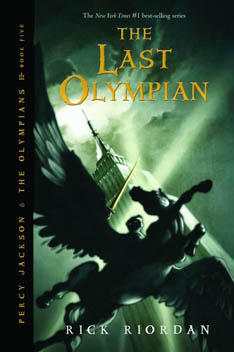 “What do you do when nobody’s making you do anything?”
“What do you do when nobody’s making you do anything?”
 A few days ago, the comics site
A few days ago, the comics site 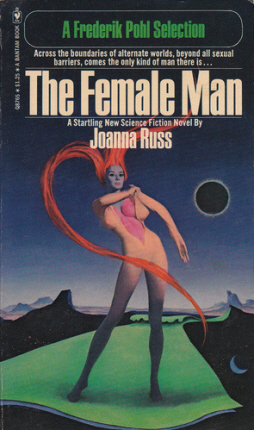
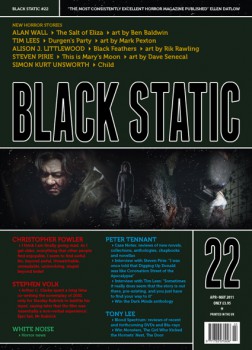

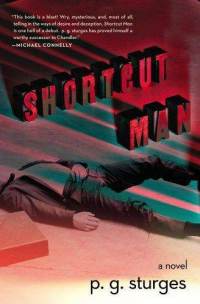
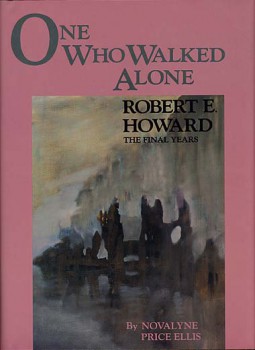 It couldn’t have been easy for Novalyne Price Ellis to write One Who Walked Alone: Robert E. Howard the Final Years (Donald M. Grant Publisher, Inc., 1986). Price Ellis’ memoir of her relationship with Howard (roughly 1934-36) is illuminating in its raw honesty. It’s also painful, at turns disappointing and downright frustrating. We might find escape in Howard’s sword and sorcery tales but there is none to be found here.
It couldn’t have been easy for Novalyne Price Ellis to write One Who Walked Alone: Robert E. Howard the Final Years (Donald M. Grant Publisher, Inc., 1986). Price Ellis’ memoir of her relationship with Howard (roughly 1934-36) is illuminating in its raw honesty. It’s also painful, at turns disappointing and downright frustrating. We might find escape in Howard’s sword and sorcery tales but there is none to be found here.
